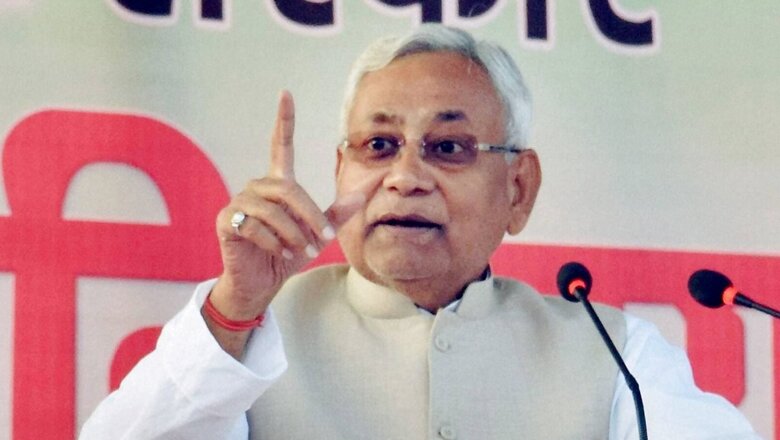
views
In Bihar, the political legacy of Nitish Kumar is on the verge of extinction. In the past, India has lost many political legacies, but Nitish Kumar is not the type of leader who is willing to accept that he is becoming politically irrelevant. His outbursts are nothing new, but his restlessness is evident. The Indian political landscape is undergoing a rapid transformation, and Kumar’s political future is currently on an unstable path. His political stance is viewed with scepticism by the Opposition, and his voter base is shrinking with each election. Given these circumstances, what else could be expected from a leader besides outbursts?
The grassroots organisation of Nitish Kumar’s political party, Janata Dal United (JDU), is fractured across the states due to massive infighting. When Kumar was a member of the Bharatiya Janata Party (BJP) alliance, the saffron party was also responsible for booth-level JDU management. During the recently held organisational elections, the party experienced infighting in several key areas, including Gaya. Kumar comprehends the issues, but he is largely silent or unwilling to address them. Many people believe that he has lost touch with grassroots politics for an extended period. In recent elections, the electoral performance of Nitish Kumar’s JDU has declined in comparison to previous elections.
While JDU’s performance in the 2020 Assembly elections was the worst in its history, the decline started in 2014. In the Assembly elections of 2020, Kumar’s party won 43 seats, while the BJP won 74. In the 2015 Bihar elections, he was a member of the grand alliance between Congress and the RJD. His party won 71 seats, compared to 80 for the RJD, even though both parties ran candidates for 101 seats. Nitish Kumar’s decline began in 2014 when the JDU won only 2 of Bihar’s 40 parliamentary seats.
It would be incorrect to say that Kumar’s Kurmi voter base is not intact, but he has no control over the organisation. Many people believe that due to his long tenure as chief minister, Kumar is no longer active as a grassroots politician who can win elections in his own name. He has recently hinted that RJD leader Tejashwi Yadav will assume leadership of the ruling ‘Mahagathbandhan’ in 2025. It is also understood that Kumar will vacate the position of chief minister in 2023. Nitish Kumar’s unfortunate reality is that he possesses nothing but the office of the chief minister. Over the past several decades, he has worked tirelessly to maintain his position as chief minister, but not to advance his political legacy or party.
The recent electoral defeat of Kumar’s party in the Muzaffarpur district’s Kurhani Assembly constituency is indicative of the uncertain political future of this Mahagathbandhan. Credibility is the most significant aspect of a politician’s career. When Bihar residents voted for Mahagathbandhan, Kumar betrayed them by joining the BJP. Similarly, when the people voted for the BJP-JD(U) alliance, he betrayed the mandate by joining the Mahagathbandhan. How can others expect loyalty from a politician like Nitish Kumar if he continues to pursue a politics of betrayal?
He reportedly blamed the BJP for the destruction of his legacy after the recent byelection loss, but this is not true; he has destroyed his credibility, acceptability, and moral standings himself. Even his caste equation of the Kurmi voter base was insignificantly effective for the Mahagathbandhan in Kurhani. The RJD and the communists have worked on their relationships on the ground and maintained contact with voters. But Kumar failed. This defeat also calls into question Kumar’s political strategy, as RJD chose to field an OBC candidate in a constituency where the majority of the population is of an extremely backward caste. Is Nitish Kumar so disconnected from the real world? This question is also on the minds of his constituents.
Recent election results in Gujarat demonstrated that there is no stopping Narendra Modi’s juggernaut. The 2024 Lok Sabha elections are significant, but Nitish Kumar is currently not seeing any positive signs. It is inconceivable that the BJP led by Prime Minister Narendra Modi could be defeated by a single political party. At the same time, after Rahul Gandhi’s Bharat Jodo Yatra, he will never play to the gallery and will seek to present the RSS-opposite BJP’s ideology as the key electoral platform. In a similar manner, the other Opposition political party leaders will also want active roles in Opposition politics.
For example, Arvind Kejriwal’s Aam Aadmi Party (AAP) is present in four states and governs two key states in the Hindi heartland. In this situation, he will either wish to play a significant role within the Opposition or will choose to go alone. If Nitish Kumar believes he is a more credible leader than Arvind Kejriwal, Mamata Banerjee, KCR, or MK Stalin, he is mistaken, as the political significance of each of these leaders in their respective states exceeds Kumar’s. He is a kind of long-serving prime minister who is perpetually dependent on some other political force.
Not only Kumar’s politics but also his administrative decisions have been failing for a long time. The prohibition of alcohol in Bihar was his idea and his dream project. Today, Kumar has realised that neither his allies nor his opponents support this policy. This policy’s implementation has been disastrous. From Opposition to the ruling regime, the people of Bihar, the bureaucracy, and everyone understand that this policy is not being implemented. Today, Nitish Kumar is desperately attempting to prove that it was a success, despite having little to offer politically or administratively.
It is time for Kumar to examine the current situation and accept it. The golden age of socialist, loyalist politics and his leadership has passed. Today, India’s politics is rapidly evolving and Kumar will have to examine himself to determine what he can truly contribute. His ability to turn the organisation around is hampered by a loss of credibility, a decline in grassroots support, and internal discontent. But he remains an administrator and one of the senior-most politicians in India. However, accepting reality is the need of the hour.
The author is a Columnist and Doctoral Research Scholar in Media & Politics. He tweets @sayantan_gh. The views expressed in this article are those of the author and do not represent the stand of this publication.
Read all the Latest Opinions here











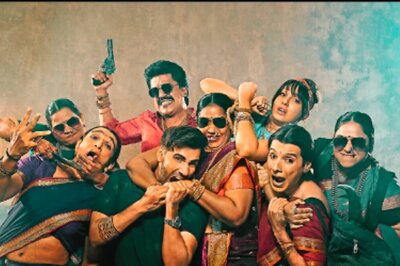
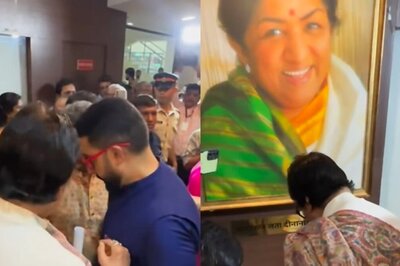
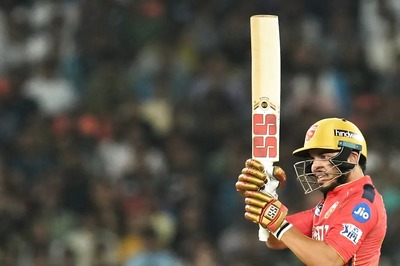

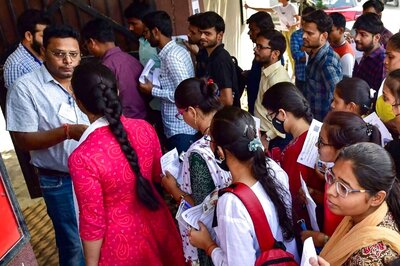
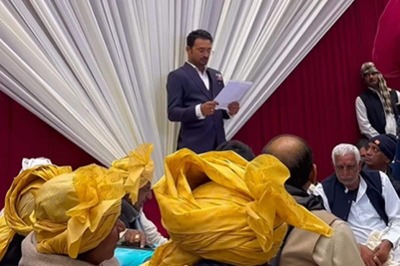
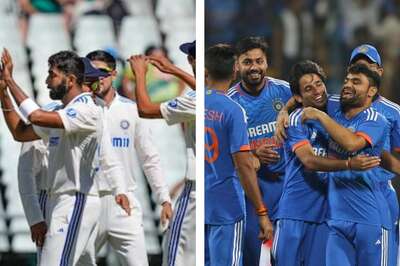
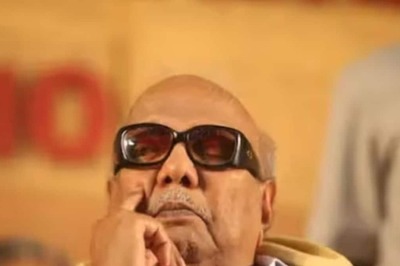

Comments
0 comment